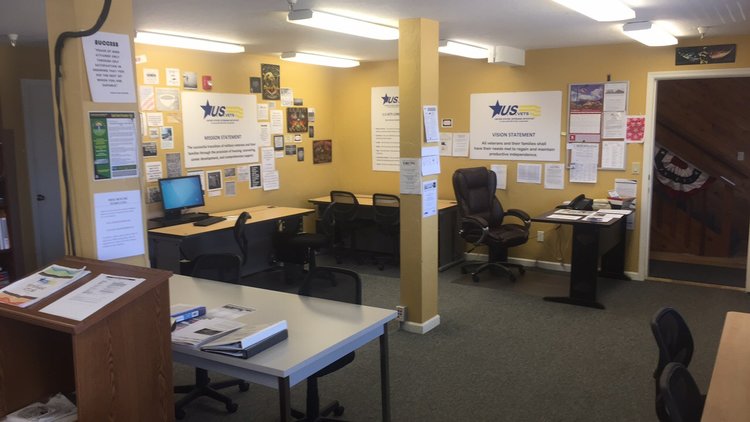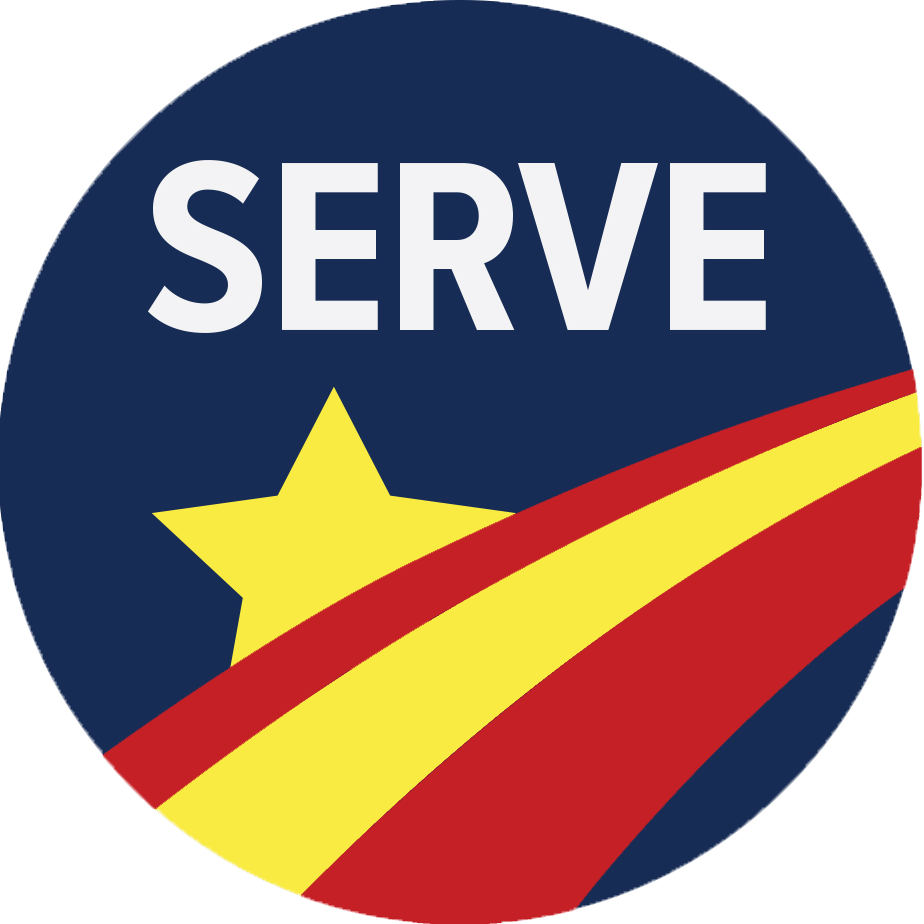
“Those left behind” – we hear this phrase a lot, especially in politics. But who are the ones really left behind in a globalized, technology-driven world?
Mostly everything requires a computer these days. When it comes to employment, nears everything is done completely on a computer. To those who have grown up with the skills to learn and utilize technology, job searching, applications, emails, and social media may seem natural. It is a different story for individuals who face barriers like homelessness, incarceration, physical and mental disabilities, and a lack of proper education and resources.
The days of walking in and shaking a hand to get a job are over. Homeless individuals who are growing older have faced barriers their whole lives. They have stuck with jobs of hard work and labor, leaving them with limited options in employment. Their search for employment is difficult, due to their lack of skills, computer training, and health.
The chronically homeless, at-risk homeless, and computer-illiterate individuals seem to have been thrown into a world that is not built for them. Housing, banking, communication, resources, benefits, and assistance – almost all of it is done online. Those who have faced chronic homelessness or incarceration, especially those of older generations, are falling further and further behind in accessing the employment and computer skills they need to address the barriers that are needed for them to live resilient and independent lives. Without access to employment, computer, and education resources and skills, these barriers may go unaddressed.
Over the course of my two years of service as an AmeriCorps State member with the bridge and permanent housing program at United States Veterans Initiative (U.S. VETS), I have been working in the Workforce Department, directly assisting at-risk and homeless veterans. A good chunk of my time has been spent working with veterans on the computer.
Some individuals learn a thing or two. Some become fully capable of doing it on their own. Some do not wish to absorb anything – and that’s okay, that’s why I’m here! In two years I have searched and applied for more jobs online, have helped send more emails, and have written more resumes and cover letters for those without the experience and skills to do so, than most people will in their lifetime.
Last week, I filled out rental applications for a veteran who couldn’t write after a serious accident. I read mail for a veteran who can’t see. I have created online accounts for government websites for veterans to learn their eligibility for different programs and assistance, and seek state and federal jobs they did not know they qualified for. I teach veterans how to use their phones.
I am grateful to have been sitting in the U.S. VETS Career Center every morning for two years to assist many different types of people, with different needs and barriers, to help them with computer and employment services and skills. AmeriCorps State members provide an amazing resource to the individuals they serve directly. We need more volunteers helping provide these necessary, highly impactful skills and resources. In the Prescott area, we need more places like U.S. VETS Career Center, Goodwill Employment Centers, and TRIO Veterans Upward Bound of Yavapai College.
I would like to thank the entire U.S. VETS staff, Arizona Serve, and my fellow Prescott AmeriCorps team members for all their work and support, and helping me grow as a professional and impact our community! Most importantly, I would like to send a huge thank you to every veteran, those of whom I have worked with and those everywhere, for giving all or pieces of themselves for our country.
By Justin Nyetrae, AmeriCorps State Member, Prescott
